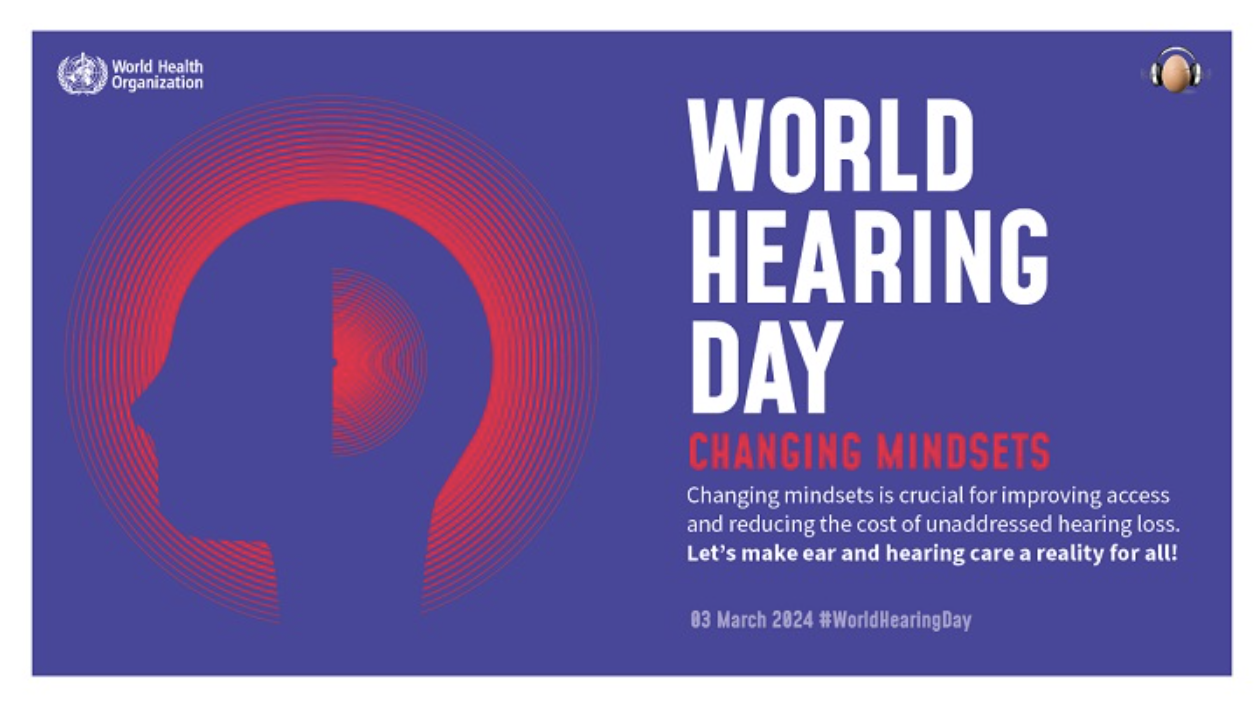
Why I’m learning sign language, as an “oral” profoundly-deaf(ie)
October 24, 2016
Ellen Chats with Deaf, Blind High School Football Player
October 26, 2016Can Hearing Loss be Detected by Blood Tests?

Researchers have developed blood tests that may eventually be used to detect hearing loss and vertigo.
Two unique inner ear proteins have been discovered by researchers at the University of Connecticut, according to UConn Today. The findings could mean that these proteins could serve as blood biomarkers, which may help improve the early detection and diagnosis of hearing loss or vertigo.
Dr. Kourosh Parham, Associate Professor and Director of Research in the Division of Otolaryngology, Head and Neck Surgery at the university say the proteins “can be detected in minute quantities in the blood, and that their levels correlate with inner ear disorders.”
As a result, Parham has developed and patented the first-ever blood tests for hearing loss and vertigo, which are undergoing further testing at UConn Health.
How does it work?
Parham’s work demonstrated that the changes in levels of a unique inner ear protein, called ‘prestin,’ are linked to hearing loss. More interestingly, he found that the change is present prior to the loss, being sufficient for testing for a hearing test.
What does this mean for future testing?
Currently, hearing loss is diagnosed through hearing tests and there is no way to detect hearing loss at its earliest stages. If successful (after human clinical trials), Parham’s tests could join the 30 or so blood tests in regular use in the US today.
Why is this a good thing?
Given that estimates suggest there are almost 50 million Americans living with hearing loss, and those with untreated hearing loss are statistically more likely to develop dementia, any tests that detect the early stages of hearing loss could help people to access early interventions and improve long-term outcomes.
Parham explains:
“Detecting early warning signs of hearing loss is critical to ease the burden and disability from this condition and to better manage the future overall health of the vulnerable.”
What next?
Parham’s studies have already proven successful in the laboratory, and he is planning to conduct human clinical trials soon.




